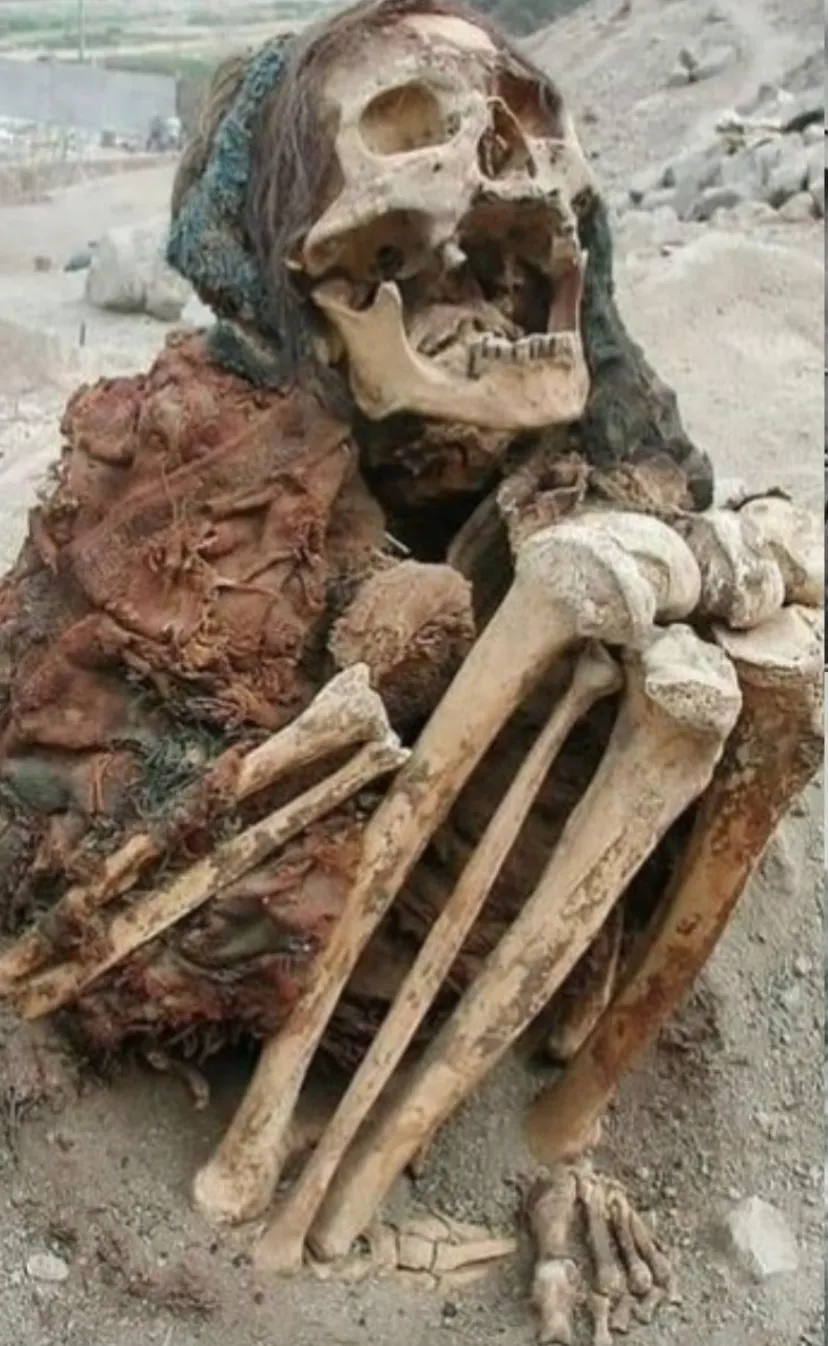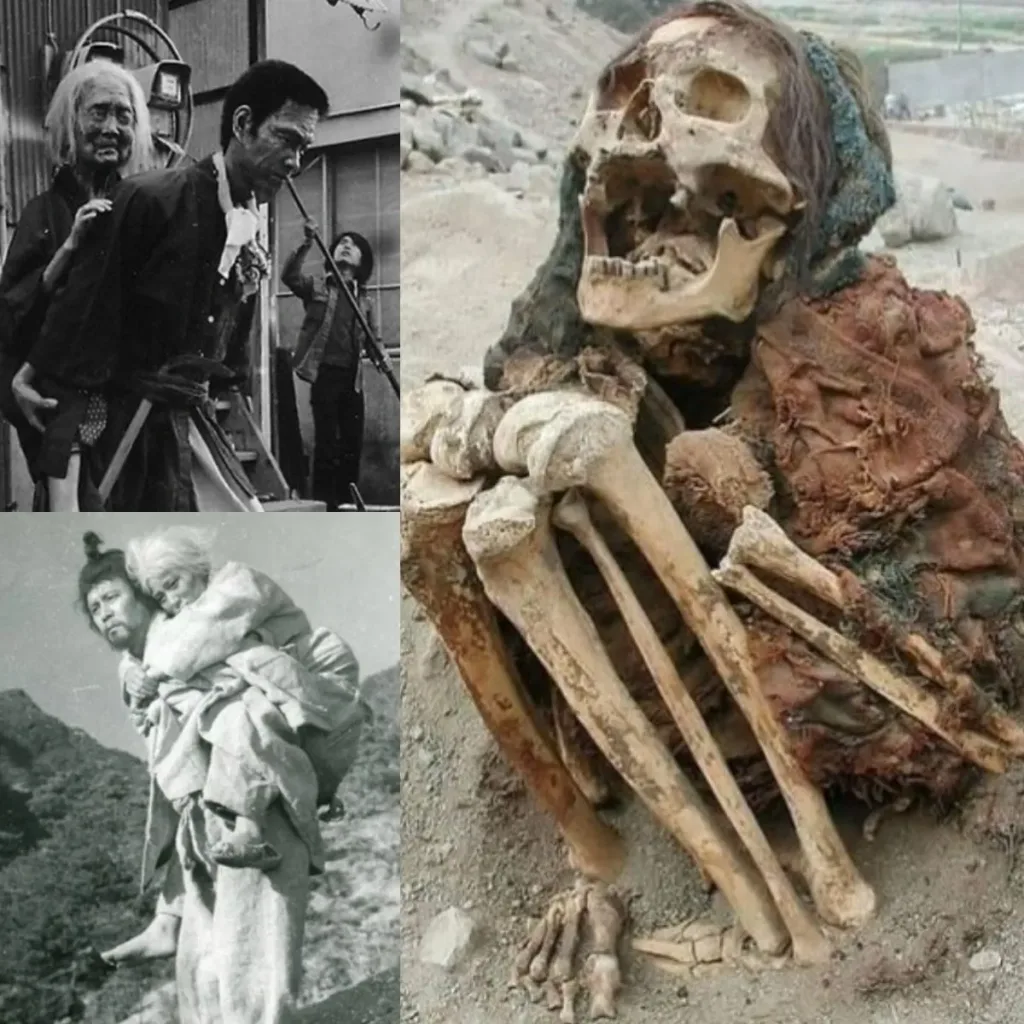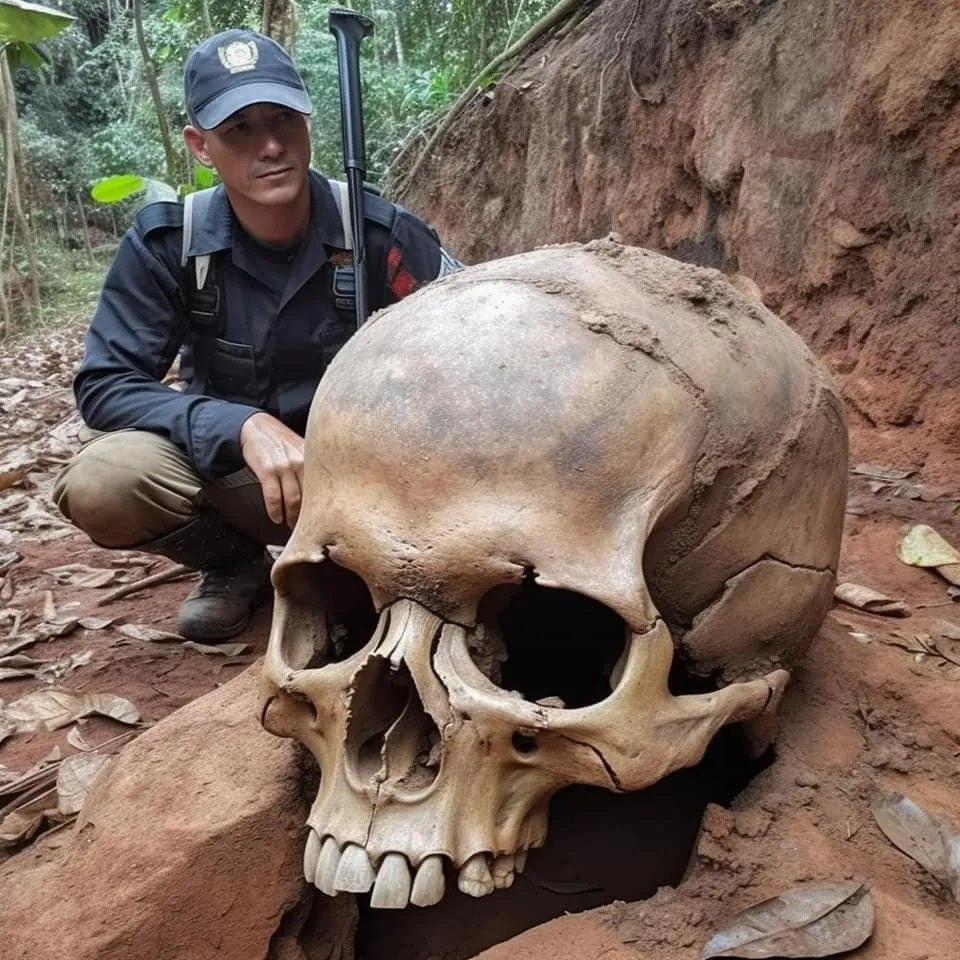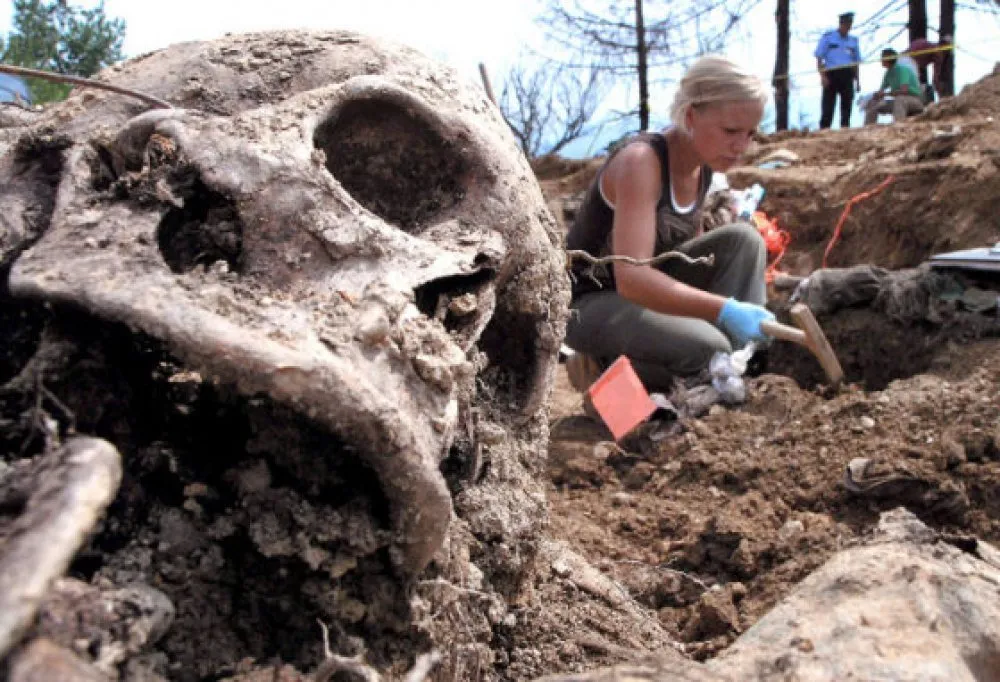Ubasute, a disturbing yet historically significant practice, is an ancient Japanese custom believed to have been more prevalent during periods of famine and distress. This practice involved abandoning elderly mothers in remote and isolated areas, leaving them to die alone, a concept that strikes a harsh contrast with today’s values of elder care.

The roots of Ubasute are often traced back to times of extreme scarcity where feeding every mouth in a family became an unbearable burden. The legend has been perpetuated through folk tales, like the poignant story of “The Aged Mother” by Matsuo Basho, which narrates the emotional turmoil and moral conflict of a son forced to leave his mother on a mountain. This tale, while heart-wrenching, is also a reflection on wisdom and the invaluable role of the elderly in society.
Ubasute, although rarely practiced, sheds light on the stark realities of survival in ancient societies. It underscores the brutal choices that individuals might have been compelled to make in dire times. The practice could be seen as a grim reminder of the vulnerabilities that can arise from societal and economic pressures.
From an ethical standpoint, Ubasute raises profound questions about the value and respect afforded to the elderly. In contemporary times, such a practice seems unimaginably cruel. It challenges us to reflect on how we honor our aging population and how societal values evolve, especially regarding care and compassion.
While Ubasute is a relic of the past, the concept resonates with modern issues such as elder neglect and abuse. In today’s context, the practice invites a broader discussion on the responsibilities of societies towards their elderly citizens. It also highlights the need for comprehensive social support systems that ensure dignity and security for the aged.
Exploring the harsh reality of Ubasite opens a window into the challenges and ethical dilemmas faced by past civilizations. It also prompts a valuable discussion on how we can learn from history to better respect and care for our elders. Understanding such extreme cultural practices helps us appreciate the progress humanity has made and the path still ahead in achieving universal human rights and dignity.



